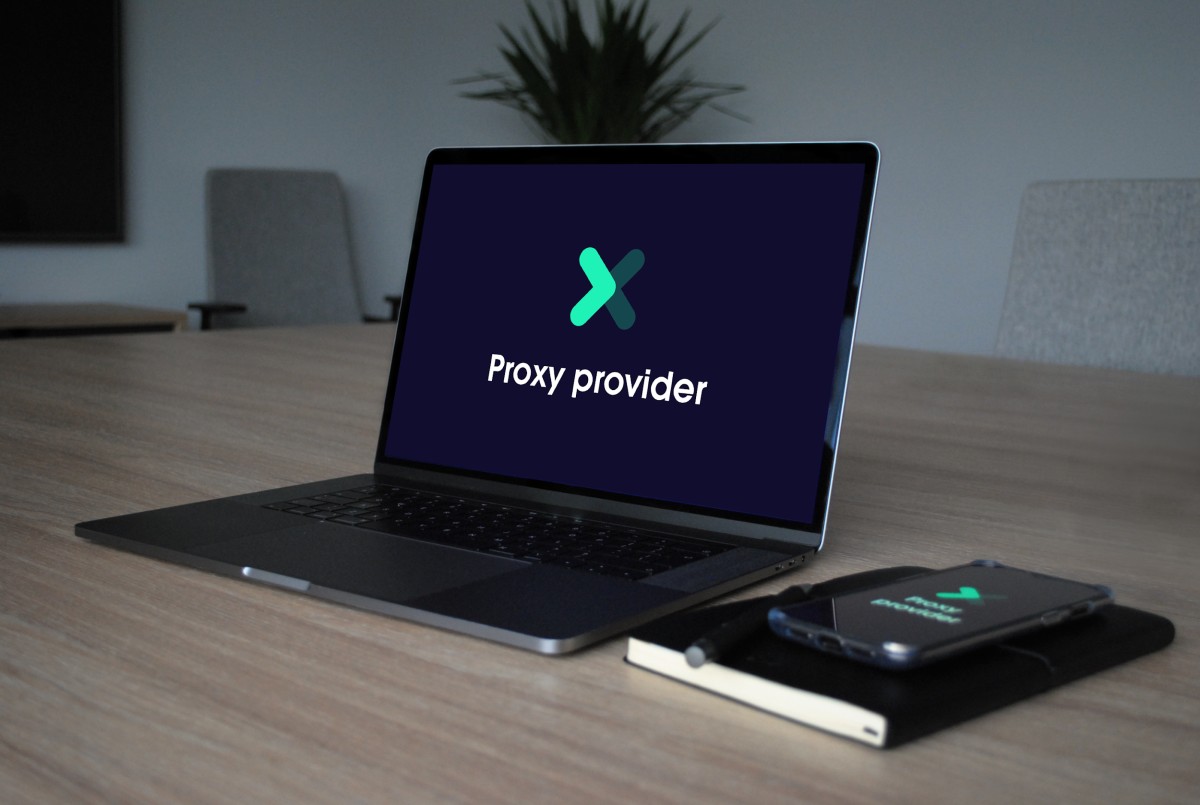In today’s modern world, the use of proxies has become widespread, and sometimes even necessary. Proxies can be used for various business scenarios. It is especially useful during web scraping projects. Utilizing proxies is one of the best ways to stay anonymous online by hiding your real IP address. Once you start searching for the best proxies for your business, you’ll inevitably have to choose between private or dedicated proxies vs. shared proxies.
Let’s look at what proxies are, the differences between dedicated proxies and shared, and which type of proxy is the best for your business.
What is a Proxy?
A proxy is simply a server that acts as the middleman between you and the sites you want to visit or access. It can also be considered as a gateway between you and the internet. It masks your real presence by acting as yourself when requesting data from the website or target server.
Take note that not all proxy servers are of the same quality. Each one will offer varying degrees of security, privacy, and functionality. Which one to get entirely depends on your needs, situation, or company rules?
When using a proxy server, the internet traffic goes through the proxy server which then goes to the web address you requested form. This request then comes back and goes through the same proxy server (Take note that are some exceptions to this step). Once the proxy server receives the data from the website, it will forward it to you.
You may be wondering why to do all this when you can just visit the website yourself; proxy servers, especially modern proxy servers today, can do so much more than just masking your presence and forwarding multiple web requests. It can improve your network performance and even add a strong layer of security for your data. Proxy servers can act as a web filter or firewall. It can also provide a lot of privacy due to it masking your digital footprint.
Dedicated and Shared Proxy Types
Every proxy server specializes in something different. You won’t find two proxy server providers with the same specs and goals. This is why it’s very important to know what type of proxy server you’re dealing with. Let’s look at the different dedicated and shared proxy types available.
Transparent Proxy Servers
A transparent proxy server functions just like its name, it’s very transparent with your information. It tells the website you’re requesting from your real IP address, which immediately identifies you to the website or server.
The most common users of transparent proxies are schools, public libraries, and some businesses. They mainly use transparent proxy servers as a content filter. A big advantage of transparent proxy servers is how easy it is to set up both the server and client-side.
Distorting Proxy Servers
The distorting proxy server functions as the opposite of a transparent proxy server. It passes along a different IP address for you while still identifying itself as a proxy. You can get around content restrictions by appearing to come from a different location in the world.
Anonymous Proxy Servers
An anonymous proxy server won’t pass your IP address to the target website but will still identify as a proxy. Because your IP address is hidden, your browsing activity will be kept private. Anonymous proxy servers are also great at preventing identity theft, which is a huge problem in this digital age.
High Anonymity Proxy Servers
High anonymity proxy servers may be the best option if you’re looking for full-proof privacy. It does this by periodically changing your IP address that it presents to the website or server. This makes it extremely difficult to track where the traffic comes from.
Dedicated IP vs. Shared IP
To know exactly if a dedicated proxy is more suitable for your business than share proxies, let’s look at the main differences between the two.
The main and biggest difference between dedicated ip vs. shared ip is that the dedicated proxy is exclusive to one user, while shared proxies are shared among multiple users at the same time. Because of the nature of shared proxies, it can slow down your speeds by a lot.
On the other hand, dedicated proxies are only used by one user, which makes it significantly faster than shared proxies. This is the main reason that dedicated proxies are more suitable for businesses compared to shared proxies.
Another great perk that dedicated proxies offer is complete control on how and when the proxy is used. Dedicated proxies can offer the flexibility that a business needs to handle various situations.
If you’re interested in learning more about these proxy types, we suggest you check Oxylabs dedicated vs. shared proxies article for more information.
Conclusion
We hope that you’ve learned something new about proxies and how they work. Utilizing a proxy for your business is necessary for growth and security in this age of digital data.





